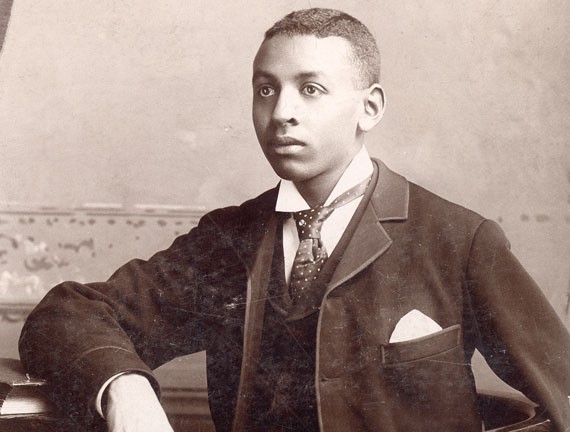
The recent spate of north-end homicides last month evokes reflections on the haunting Leonard Cohen tune “There For You.”
“Death is old, but it’s always new,” the late musician sang. “...And I was there for you.”
Along with the mayhem at the Nova Scotia Home for Colored Children, the jailing of Viola Desmond, the demolition of Africville, the black firefighters human rights complaint, the Sobeys racial profiling case and countless other abuses (personal and systemic) suffered by black people who’ve graced Nova Scotia since the 1600s, consider the saga of James Robinson Johnston.
Born in Halifax in 1876, Johnston broke the colour barrier to become the first black graduate of Dalhousie University with a Bachelor of Letters and a law degree. A prominent member of the city’s iconic Cornwallis Street Baptist Church, the young attorney travelled throughout the province to represent anyone in need of his legal services.
But neither his education nor his stature as a tireless “there for you” community servant sheltered Johnston from the complex intra-racial violence that continues to fell local black men.
On March 3, 1915, Johnston, 38, was at home and poised for a family celebration when he was shot to death by his wife’s brother, Harry Allen, another African Nova Scotian man.
In a 2012 article about the incident, Barry Cahill, a Halifax legal historian, declared: “Though the killer was twice tried, twice convicted and twice sentenced to death, he was reprieved. The mystery of motive has never been solved.
“Paroled, the killer died of natural causes some 20 years later without ever explaining why he had murdered James R. Johnston,” Cahill continued. “Speculation abounds...but one thing is certain. On that...evening, African Nova Scotians lost their best man.”
Their conflicts shrouded in a seemingly impenetrable shield of silence, secrecy and shame, the recently murdered black Haligonians (and their assailants) are playing out a familiar narrative; one that is compounded by a despicable history of white oppression and a culture in which it is easier, for the average black male, to obtain a gun than a college degree.
The office of African Nova Scotian Affairs reports that 77.7 percent of African Nova Scotians aged 25 to 64 years have a certificate, diploma or degree compared to 85.3 percent of all Nova Scotians. There’s a direct link between poor schooling and joblessness.
Indeed, ANSA also notes that African Nova Scotian males have a 17.2 percent rate of unemployment compared to 10.7 percent among their white counterparts.
“Our young people need discipline, spirituality and hope,” says Archy Beals, the African Nova Scotian representative for the HRM School Board. “We must renew our traditions of accountability and respect.”
Established in 1991 at Dalhousie, The James R. Johnston Chair in Canadian Black Studies honours the memory of the lawyer.
Interestingly, the cause of Johnston’s death is not mentioned in official Dal documents about JRJ initiatives, among them a new interdisciplinary minor in Black and African Diaspora Studies.
In his 2004 poem “Lawyer Johnston’s Defence,” current parliamentary poet laureate George Elliott Clarke wrote, “Backward- stumbling people hate anyone inching forward.”
